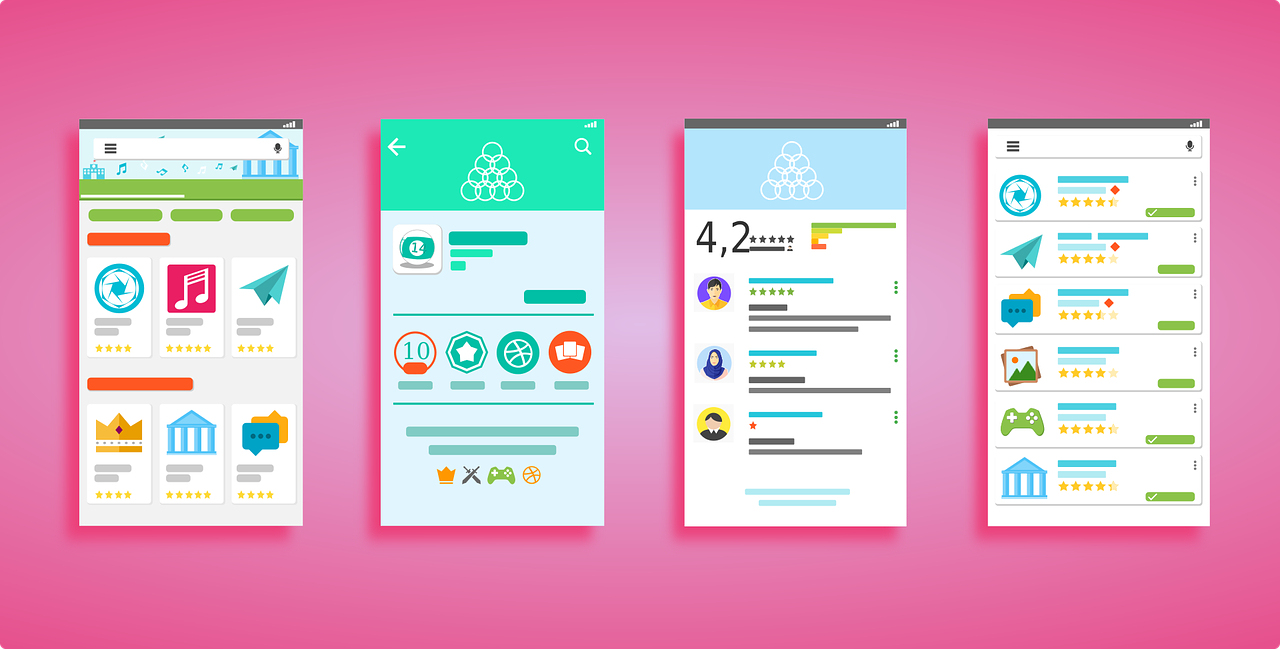Article

As from a customer’s perspective, I am almost sure that, on the way for grabbing our cup of morning coffee and even before we have started to prepare mentally for the day ahead of us, we have already went through a few apps on our interactive mobile phone. Aside from the fact that this is an evident part of everybody’s modern lifestyle routine and that you need to be just a little bit technologically savvy to deal with applications, businesses are also counting on more and more development of this type of online representation. Naturally, every business owner aims at maximizing his/hers profits and to satisfy the customer’s needs or expectation, nevertheless the app development is most of the times the make or break moment for the business venture. Furthermore, mobile users are not easy to please, because of the fact that they are being daily introduced to a new set of features from various apps. Thus, your company should be innovative enough to keep up with the pace of the constant launching of new app designs.
But how does one determine what users expect from apps this year?
First of all, it is the era of total personalization – personalized car, phone/phone cases, sneakers and so on, therefore it is pretty clear that you should think about implementing this in your app development strategy.Whether you are going to include a necessary login or a process tracking feature aimed at providing what exactly the customer needs and wants to follow, personalization nowadays is a key feature to boost brand engagement and user experience.
In-app communication is also wholeheartedly welcomed by customers, because they can easily ask for assistance or provide instant feedback. By allowing this you are going to decrease negative user experience and to prolong the shelf-life of your app on somebody’s screen.
Although internet connection is omnipresent, if you rely on your app to be depended on it, you might be placing yourself in a rather perilous situation. Therefore the introduction of an offline regime is an excellent decision, because the app will require a very short loading time and is less likely to drain the user’s battery (we all dislike battery vampire apps, right?). Providing access to features and content offline is an immense advantage and allows you to proceed with fostering a positive feedback, which is essential for the app success.
Lately we saw a plethora of apps come and go, however the informal statistics shows that the apps that stayed in the users’ list of preferences, were all easy to navigate through. In spite of the fact that there is an enormous amount of features that you may want to incorporate in your app, don’t overcomplicate the app design. As users crave efficiency, simple organization of the information in the app is a must.
As mentioned earlier, the dynamics with which the app word is changing is simply astonishing, consequently your online strategy should be flexible and able to react extremely fast to new things. In order to do this, you should consider releasing continuous app updates and fix bugs whenever they come into sight.
All things considered, a successful mobile app implies the need of constant development, so you should remember that this is not a one-step process. However, the user satisfaction is crucial and you can move a step closer to influencing this positively by introducing the following features in your app: personalization, in-app communication, offline regime, not complicated app design and app updates.
